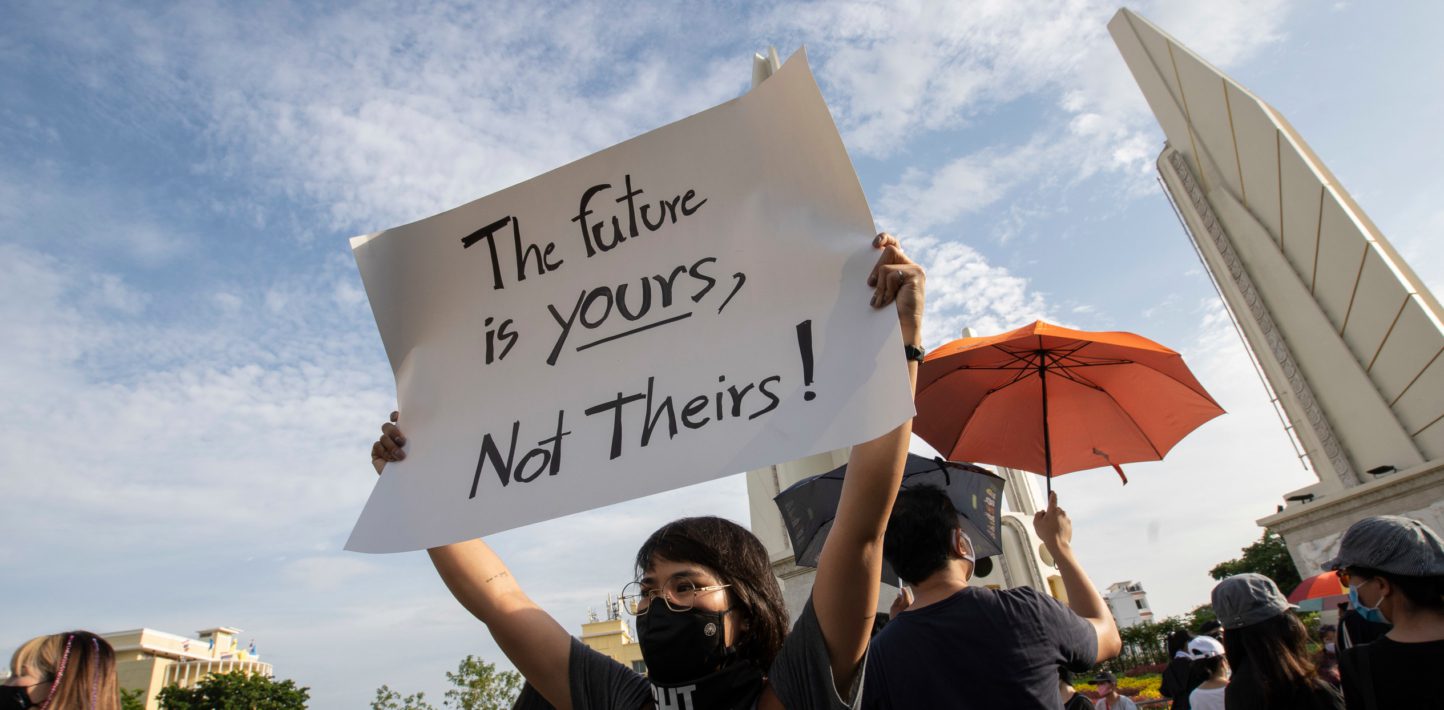Youth activism has never been easy. But working amid a global pandemic in a world increasingly divided, young human rights defenders are facing even greater challenges.
However, young people around the world have continued to show resilience amidst uncertainty. Even in the darkest of times, they’ve never stopped hoping for – and working towards – a better future for us all.
Here, members of Amnesty International’s Global Youth Collective and allies reflect on the year just passed and share their hopes for 2021.
Lehlogonolo Muthevhuli, 24, South Africa
When COVID-19 brought the world to a standstill last year, Lehlogonolo had to adapt the way she worked.
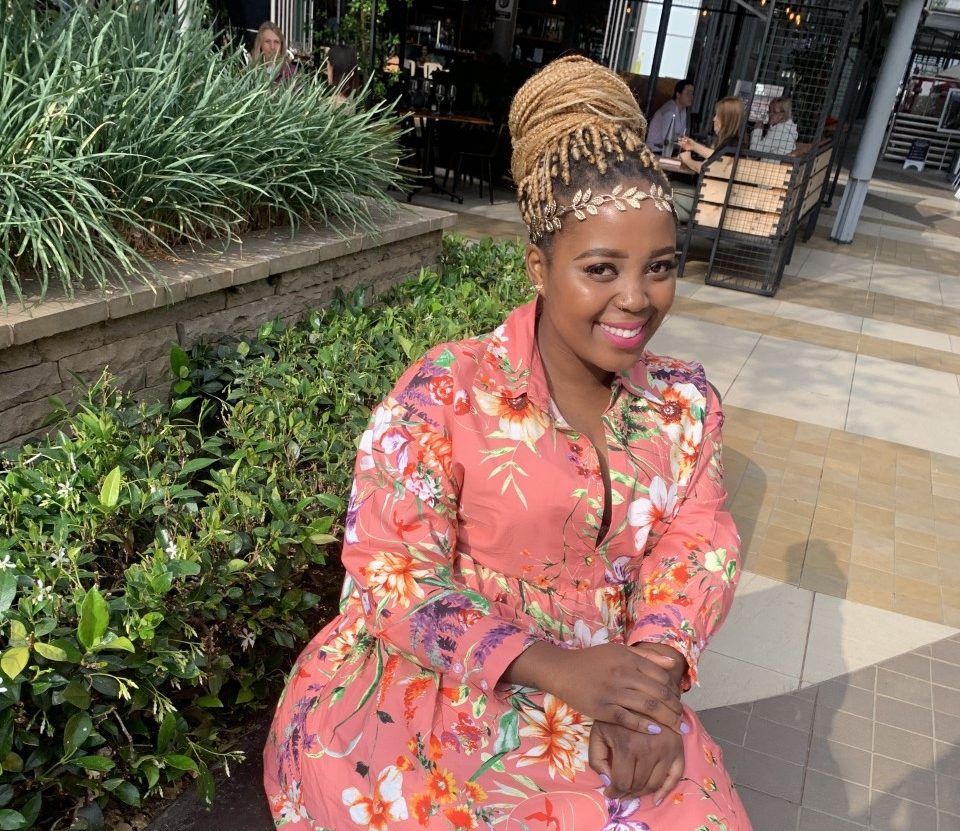
“2020 was a tough year for all. As a result, many human rights injustices were amplified – but our work as human rights defenders continued.
“I’m used to physically meeting people. It allows the other person to trust that you will do all you can to help them. Yet moving my activism online has helped me reach a wider audience, as people can engage on topics from almost anywhere.
“Going forward, I want to advocate for women’s rights and ensure young people have a seat at the table. The world needs more young people to hold higher structures accountable for injustices.”
Christoph Alberts, 22, Germany
Christoph is a young human rights defender from Germany.
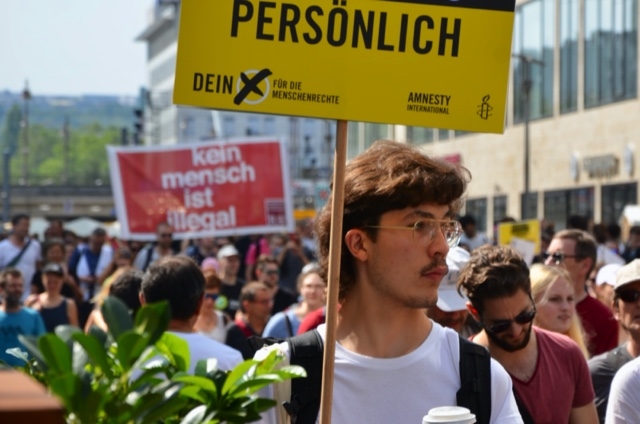
“My greatest hope is that together with vaccination, we can defeat the pandemic. It must be clear that international solidarity does not stop at national borders, and that a fair global distribution must be the basis of all decisions.”
Ikram Jaoui, 23, Morocco
Ikram is a women’s rights activist who works on preventing sexual and gender-based violence. Even during the bleakest of times, she’s found a way to make it work.
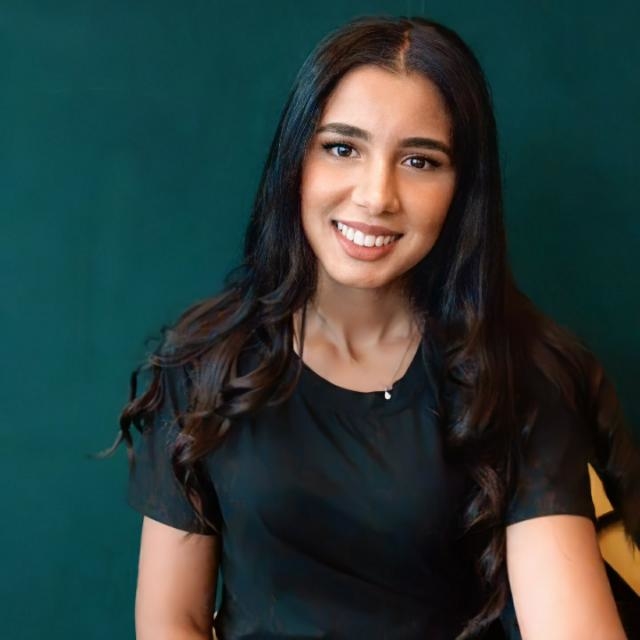
“COVID-19, lockdown, curfew, bushfires… this was my 2020. It wasn’t an easy year. While lockdown measures helped limit the spread of the virus, survivors of domestic violence were increasingly isolated from help, complicating our work. We’ve managed to continue with our activism where we can, moving parts of it online.
“I remain hopeful about our future — I hope for humanity and healthcare and I hope people show more gratitude towards each other. I hope we can ensure access to quality health care services no matter a person’s gender, race, religion or background.
“This year, I want to continue promoting and protecting women’s rights, especially during these turbulent times, and I want to provide more assistance to women, especially those from marginalised backgrounds.”
Manu Gaspar, 25, Philippines
Manu advocates for youth who are at the bottom of cultural, economic and political power structures in the Philippines.
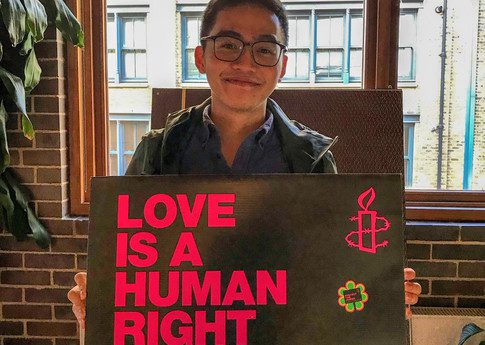
“I hope we build back a fairer and greener world in 2021. As the pandemic resurfaced our systemic failures, it has led to a collective reimagining of another, more equal future for all – 2021 is our opportunity to make it possible. I hope to contribute by being a better listener and a visible ally to peers and communities across our movement.”
Vandita Morarka, 26, India
Founder and CEO of One Future Collective, Vandita Morarka, is a young queer activist and human rights lawyer from India. When COVID-19 hit her community, she adapted by using lower access technology like SMS, calling and Google drive based learning alongwith hybrid partnership models that engaged on ground relief workers with digital access to take services to those without any access at all, to continue her work.
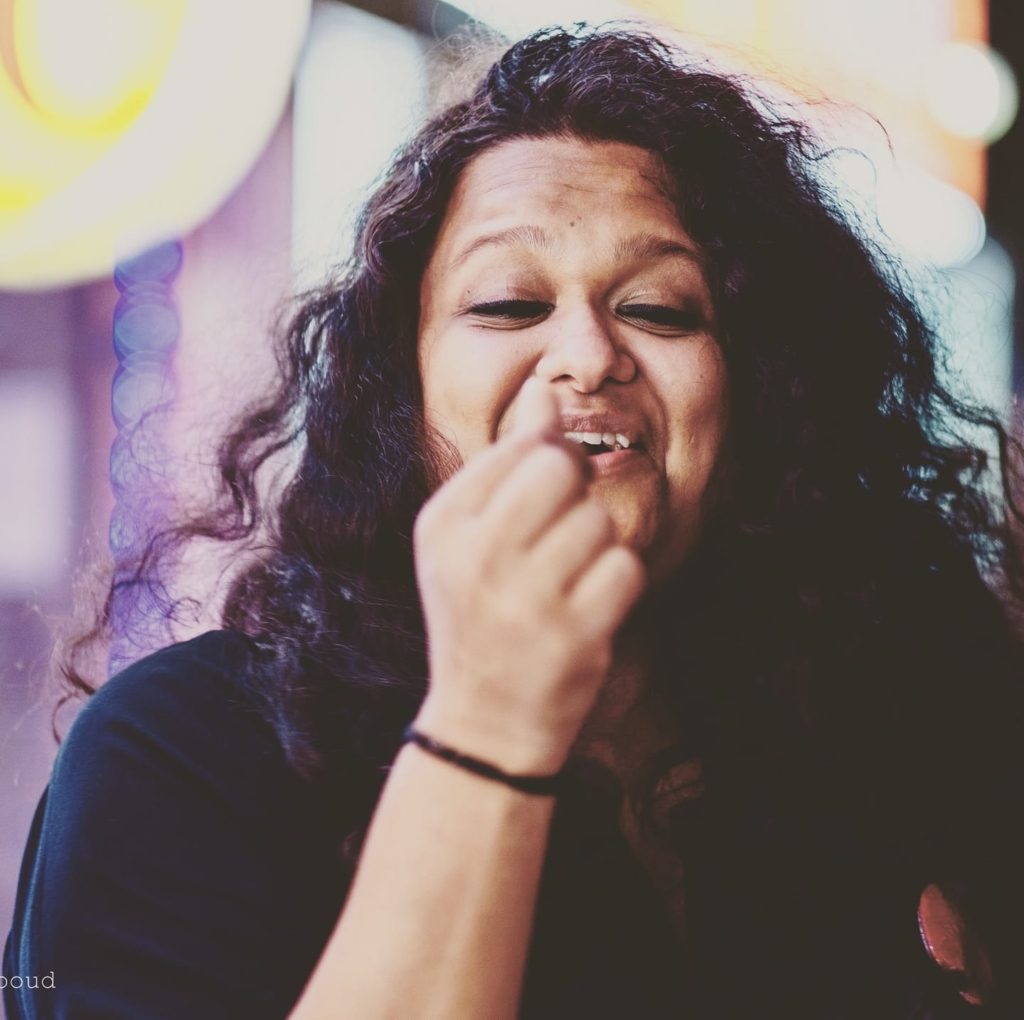
“I hope 2021 is a year of compassion, love and respect for human rights defenders all over the world. COVID-19 halted a major part of my human rights work in communities with minimal digital access, but I am determined to continue campaigning this year.
“In 2021, I want to encourage feminist leadership, transform micro-communities and build renewed systems that are just and equitable. I want to support more survivors of gender-based violence, provide better healthcare for those battling mental health issues and ensure there are more young people in decision-making positions everywhere.”
Vibha Venkatesha, 24, USA
Human rights have always been an integral part of Vibha’s life and she campaigns on issues such as mass incarceration, solitary confinement, migrant and refugee rights and LGBTI rights in the USA.
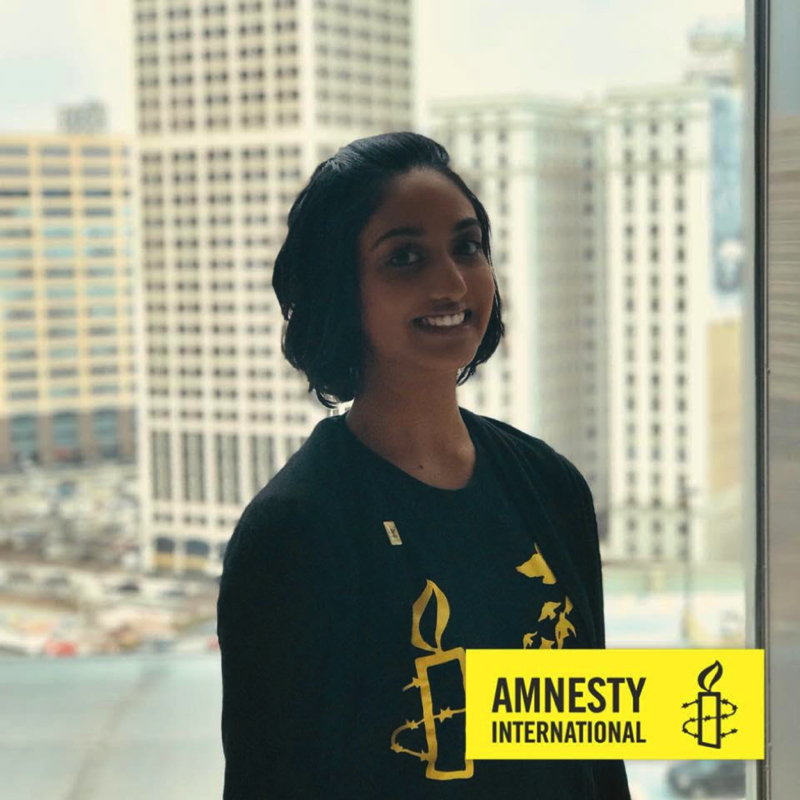
“With a global pandemic, impending climate crisis and extremist nationalism and human rights violations on the rise around the world, it can feel difficult to ground ourselves, and envision a better future. However, we must find a renewed sense of hope this year.
“In my country, I hope we effectively act on the climate crisis and take measures to stop the widespread damage COVID-19 has wreaked, particularly on low-income Black and brown communities. I also hope that those who have become more vocal about human rights abuses amplified by previous US leadership continue to challenge future abuses, especially with regards to gun violence, police brutality, migrant justice and reproductive justice.
“There are so many ways to have an impact: educating yourself on human rights abuses, donating and raising funds for grassroots organizations, having difficult conversations with friends and family to educate them, using social media platforms to draw awareness to issues, or writing letters to government officials — I want to continue with these activities and more this year.”
Allyson Castillo, 19, and Karin Watson, 23, Chile
Allyson Castillo and Karin Watson are calling for gender equality and climate justice in Chile, and social media is helping them reach a wide range of people, including politicians and the government.
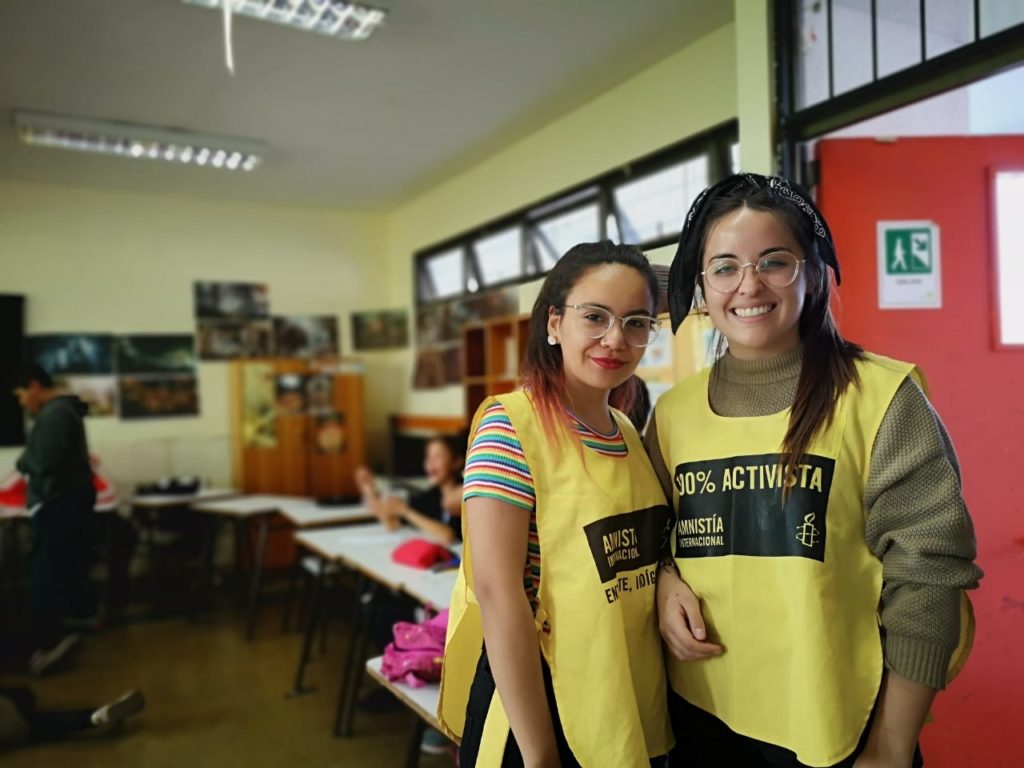
“This year, we hope the situation will improve – and we want to focus our work on the areas impacted the most: education, health, and access to basic services, including food.
“Together, we’re hoping to continue our work as youth leaders, while working across new spaces such as feminism, with a focus on sexual reproductive rights. We want to see youth activism will continue and grow, so young people have the opportunity to make an impact.”
Nabeela Iqbal, 24, Sri Lanka
Nabeela is a grassroots activist from Sri Lanka with a background in peacebuilding, youth civic engagement and girls’ non-formal education. She currently runs the female-led youth organization Sisterhood Initiative.
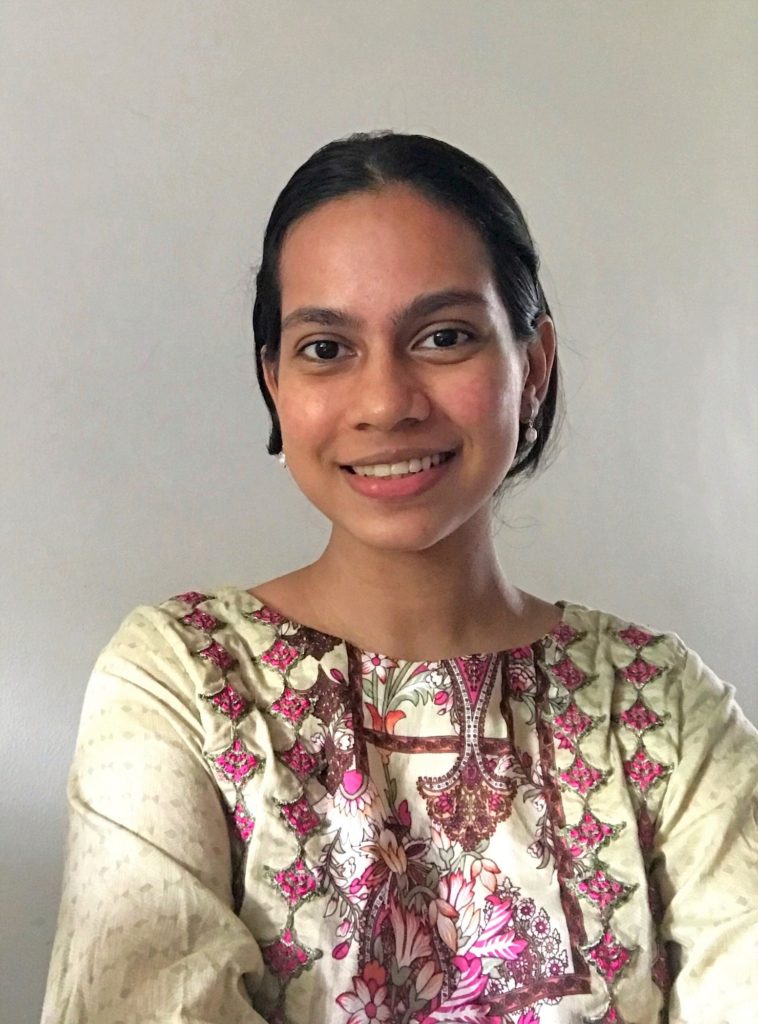
“As much as we engage online, we are mindful of the connections lost offline, and the times we cannot reach the community when they are in need. When the pandemic exhausts me, I turn to the team for solidarity and comfort in our connected work ethic.
“This year, I hope to increase engagement among young Muslim women, visit communities in physical spaces and create a legal and emotional support system in response to women undergoing hardship due to discriminatory family laws. Through this, women will have knowledge of their rights and decision making to understand their influence as members of this society.”
Pashtana Zalmai Khan Durrani, 23, Afghanistan
Pashtana Zalmai Khan Durrani started advocating for girls’ education when she was seven. Her activism evolved into educating young girls in conflict zones, through the LEARN organization.
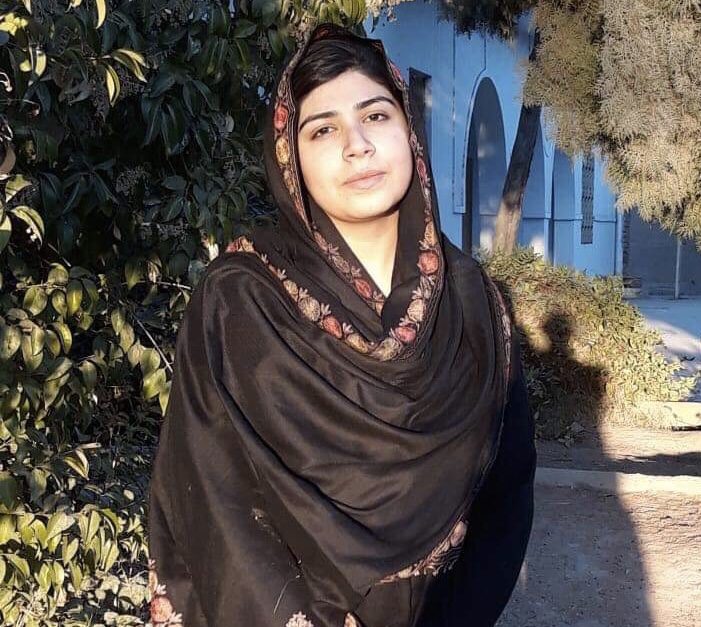
“This year, I want to ensure quality education is accessible for children living in internally displaced camps and refugee camps and banish the taboos around menstrual hygiene. I am hoping to establish at least 10 digital schools within Afghanistan and 1 in Syrian refugee camps, so girls can access quality education despite the conflict.
“But, of course, we need to relax and unplug from everything that is happening. We deserve a break – and we don’t need to win every battle. As a young human rights defender, we just need to be passionate about the cause.”
Belinda Adikie Asamanyuah, 23, Ghana
Young people who are aware of their human rights are considered disrespectful in Ghana – and Belinda is determined to change their mindset.
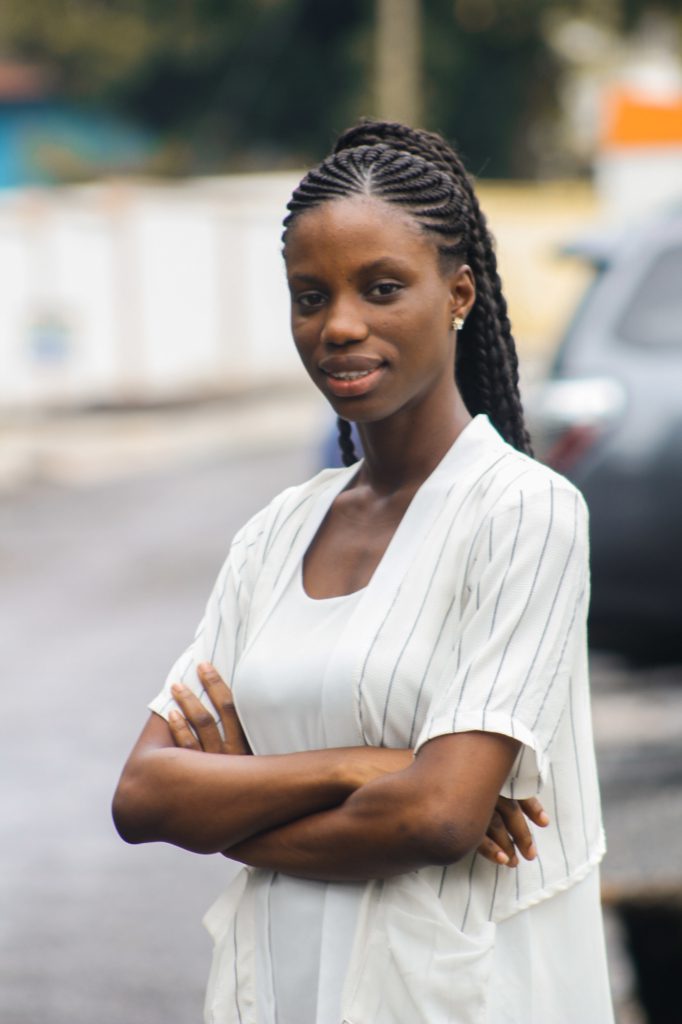
“I want to change the hearts and minds of people in my community, with the aim of building an appreciation for human rights education. But last year I had to move my meetings online. It was expensive and the data charges were high, but I’ve managed to make it work.
“This year, I hope aspiring young human rights defenders will be influenced by the power of social media to take action and contribute to ending grave abuses in the world. On a personal level, I hope to continue using my social media platforms to increase visibility on human rights education, as well as encourage young people in my community to become activists for change.”


